Advertisement
Highlights From On Point's Summer 2018 Shows

As On Point hosts Meghna Chakrabarti and David Folkenflik prepare to take over starting the week of Aug. 20, we decided to survey our shows from the summer so far and pull out some our favorites.
Take a read and listen below for an overview of what we've discussed on the show in the recent months.
Independent Sen. Bernie Sanders of Vermont
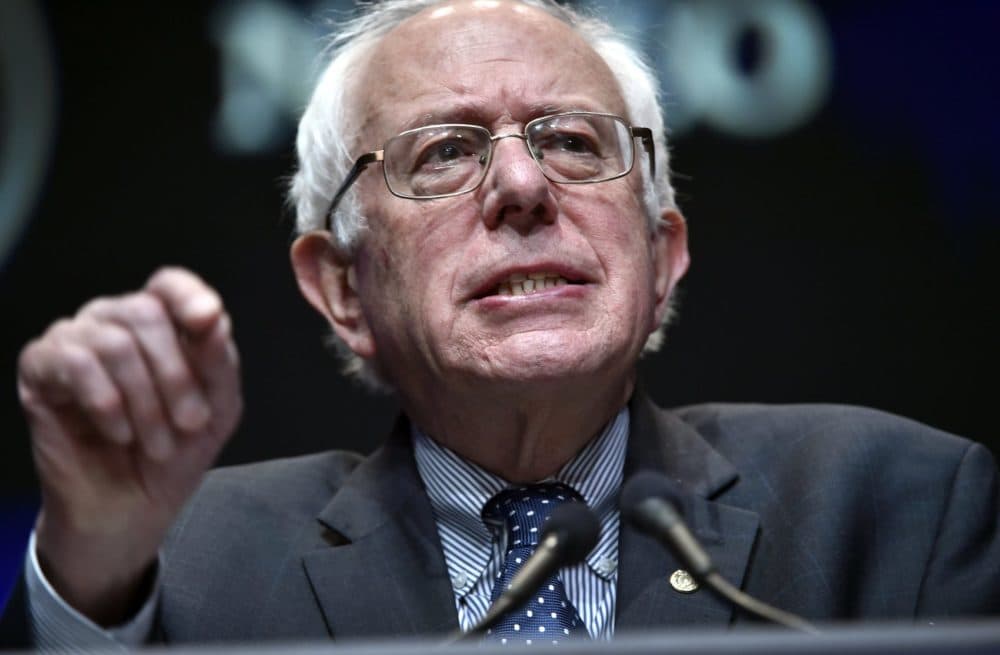
From "Health Care, And The Price Tag On Bernie Sanders' 'Medicare For All' Plan"
Sanders explains how "Medicare for All" legislation would fix America’s health care system
"You will be paying more in taxes, but you’re going to be better off at the end of the day because you're not paying private insurance. Right now, we have millions of people in this country who actually have insurance, yet they don't go to the doctor because they can’t afford the deductible or the co-payment. We're going to eliminate that. We're paying the highest prices in the world for prescription drugs — we're going to end that as well.
"We waste, in this system, an enormous amount of money on the profiteering of the insurance companies, of the drug companies, of the huge amount of administrative waste. Go into any hospital, and you’ll see significant parts of their costs, not providing health care, but doing billing.
"Talk to any doctor, any nurse. They spend an enormous of time arguing with insurance companies. There are enormous wastes in this system that can be eliminated by a Medicare for all program, which is why, by the way, more and more people are supporting it."
Gretchen Carlson, chair of the Board of the Miss America Organization and former Fox News anchor
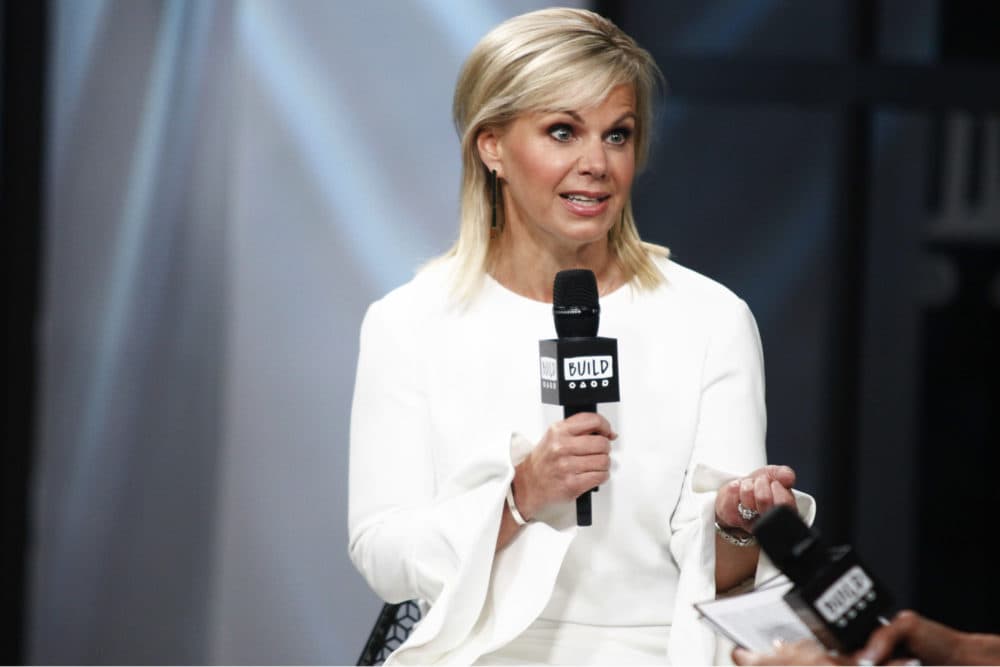
From "Miss America's Makeover"
Carlson explains why Miss America decided to remove the swimsuit portion from the competition
"It’s not like we’re stopping to advocate healthy lifestyle and fitness. Listen, you have to be fit to do this job, you’re traveling thirty thousand miles a month. But we just want the focus to be more on what’s inside this person’s head, and what their goals and achievements are in life, and to give the viewing audience the chance to see that.
"So, when we replace swimsuit with some sort of an interactive session with the judges, you’re actually going to get to know these candidates, and see where they’ve gone to school and how smart they are, and what they want to be in life. And to me, gosh, I’d much rather compete in that system than have to walk around in a bikini and high heels."
Cardinal Daniel N. DiNardo, archbishop of Galveston-Houston and president of the U.S. Conference of Catholic Bishops
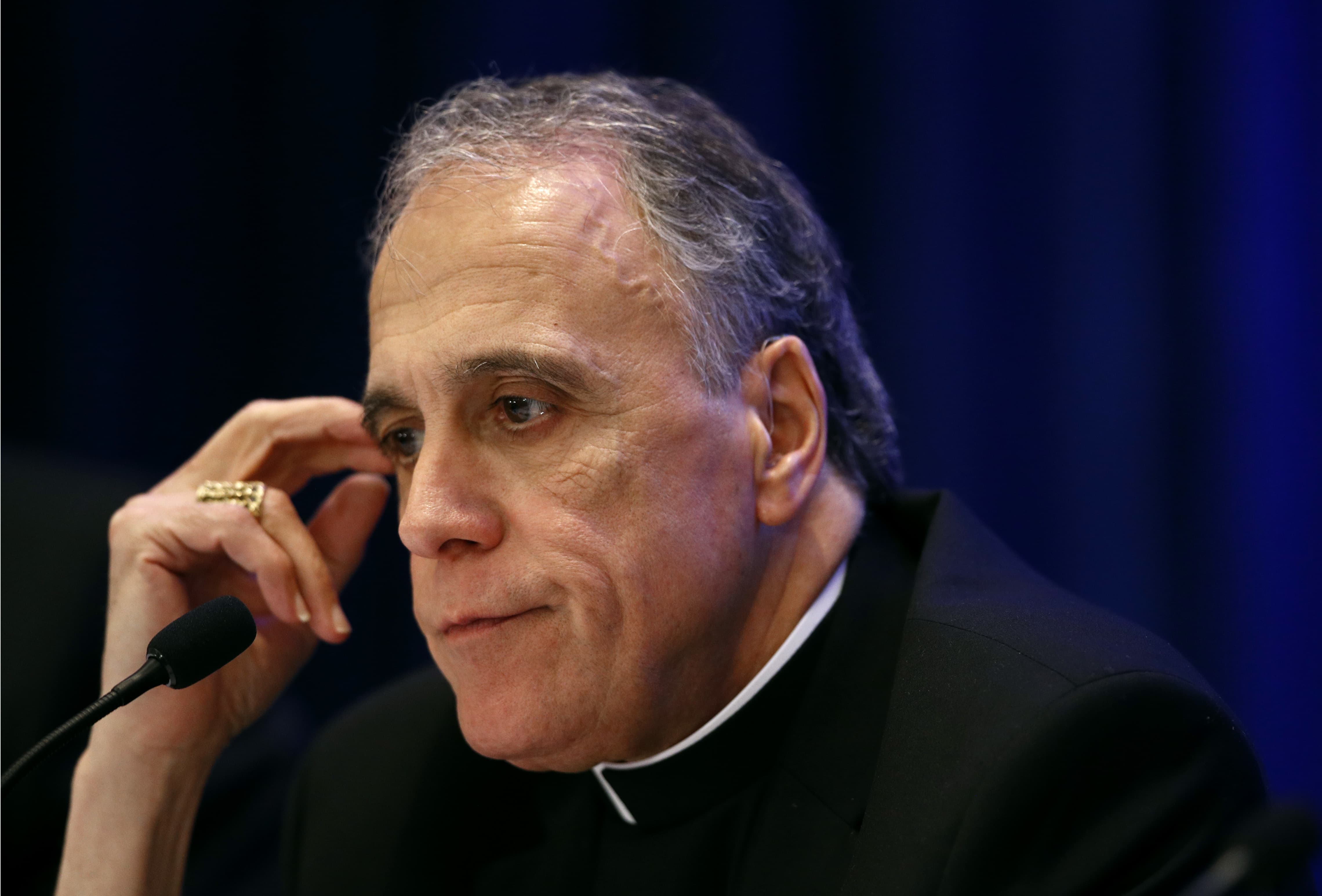
From "Zeroing In On Immigration, Asylum Laws And The Border"
Cardinal DiNardo responds to U.S. Attorney General Jeff Sessions using the Bible passage Romans 13 to defend child separation policy
“In general, quoting the scriptures is okay by me, but you should always quote it in context. Surrounding that particular passage is ‘owe nothing to any man except to love one another.” In the paragraph before, in Paul’s letter to the Romans, the end of chapter twelve, he says ‘practice hospitality.’ To my mind, there are gradations in law. I think in this case, the hospitality and the love we show and I would add, even beyond scriptures, even the normal hospitality and welcoming that the United States has always shown would overpower that particular part of Romans.
“It’s certainly true that we obey the law, but some laws maybe are bad and need to be tossed out. This is a policy that strikes me as ineffective, it does not work, and I do not think it’s totally faithful to the whole impresse of the New Testament."
Morgan Neville, director of "Won’t You Be My Neighbor?"
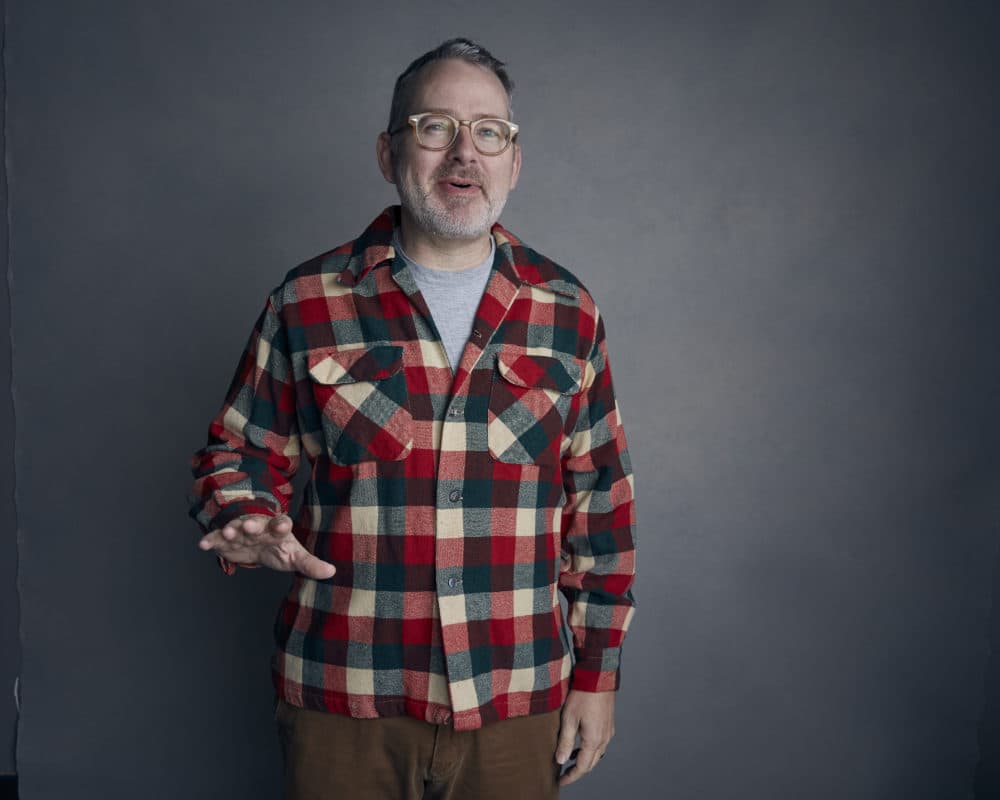
From "The Summer Of Documentaries"
Neville explains why he made a film about Mr. Rogers and how documentaries can transcend division
"I grew up watching the show and loving the show, but it predated any sense I had of my politics or my tribe or my regionalism. He’s this real cultural character for whom, he’s kind of neutral, and if you’re looking at a subject for common ground, as I always am, he was kind of the perfect avatar for that.
"I think the intent from the beginning was to make a film for people of every political stripe and religious stripe, and I think that was important. I mean, I think that’s really kind of the purpose of what I was trying to do, and I think what a lot of these films are trying to do is not be polemical, but really talk about core values that I think most people would really get behind."
Jon Favreau, host of "The Wilderness," creator and host of "Pod Save America" and former Obama speechwriter
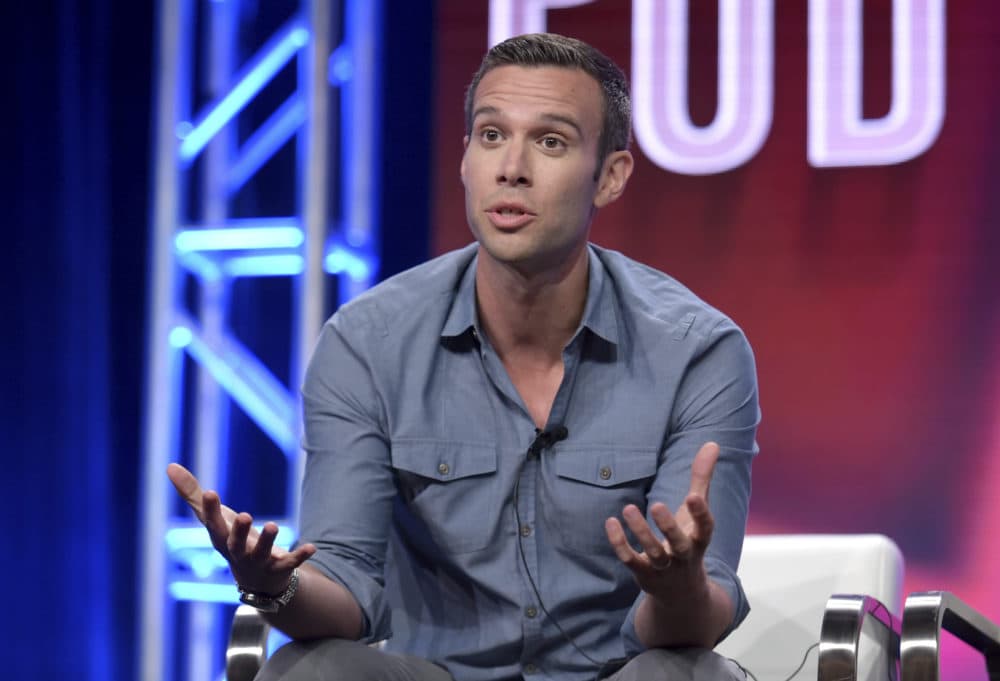
From "The Story Of The Democratic Party, As Told By New Podcast 'The Wilderness'"
Favreau on why Democrats need to be unafraid going forward
"Where Democrats have to learn to throw a punch, is to be unafraid to stand for the issues that you believe in, and to speak clearly and boldly about the policies that you are proposing. I think that Democrats should not back down from that. There’s a theme in a lot of these different episodes, whether it’s the episode on immigration or on foreign policy, where historically Democrats have gotten into trouble because they’re afraid of some issues.
"They’re afraid of talking about immigration because what if voters in the middle of the country don’t like their immigration policy. They’re afraid about talking about what they believe on national security because Republicans are going to paint them as soft as terrorism. That, I think, Democrats should not be afraid of. And I think, when we look through history, where Democrats have been afraid, where they’ve been cautious and calculating and have pulled back, that’s where the party has gotten into trouble.
"I think you go out there, you say what you believe, you say it confidently, you say it boldly, and you let the chips fall where they may. Because voters can tell if you truly believe in what you are talking about, or if you’re just saying something because you believe that it’s politically popular, or that you’re trying to trim your sails a bit to win this voting group and that voting group, voters can tell that. So I think it’s better to be bold and to be unafraid, and if people don’t agree with you, they’ll at least give you credit for standing up on your principles. "